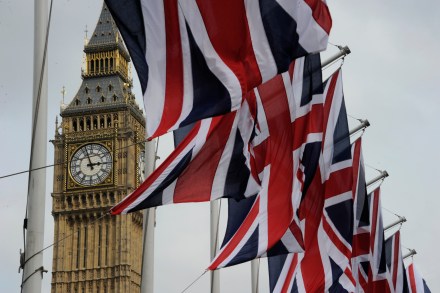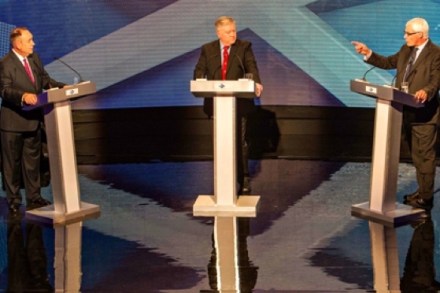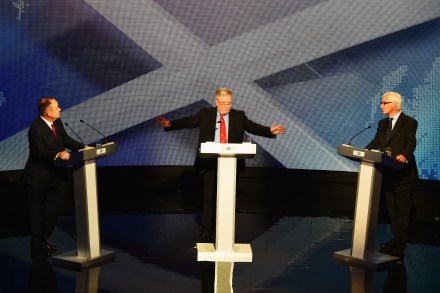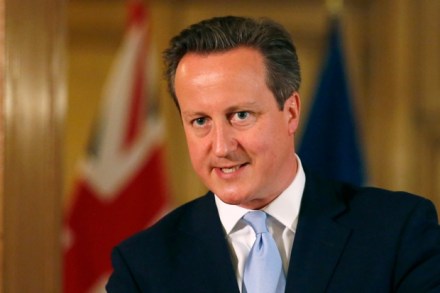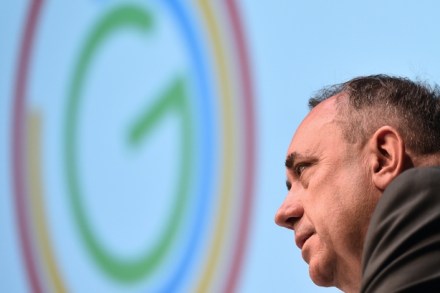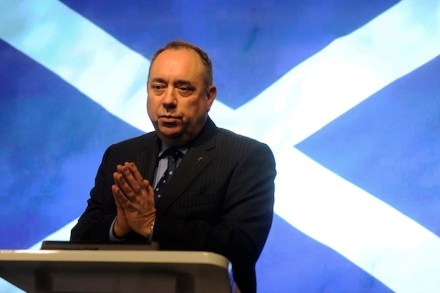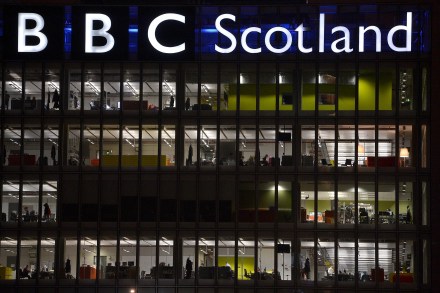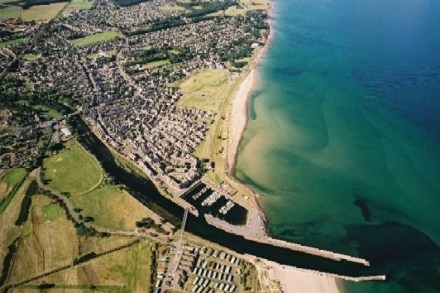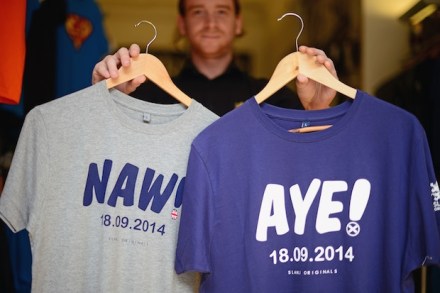After Scotland, whither Britain? Divorce is a costly business.
If, like me, you missed Andrew Neil’s BBC programme exploring What the Hell Happens to the United Kingdom if Scotland Votes for Independence Next Month you might be interested to know that it remains available on the BBC iPlayer here. Prudently, dear reader, I liked it. It’s a film best viewed as a companion piece to James Forsyth’s Spectator cover story published last month. A call to arms to England – and Westminster in particular – to ponder the consequences and implications of Scottish independence. There is little sign that much thought has been devoted to these issues. Indeed, not only has the Ministry of Defence apparently failed to make contingency plans for the future,
